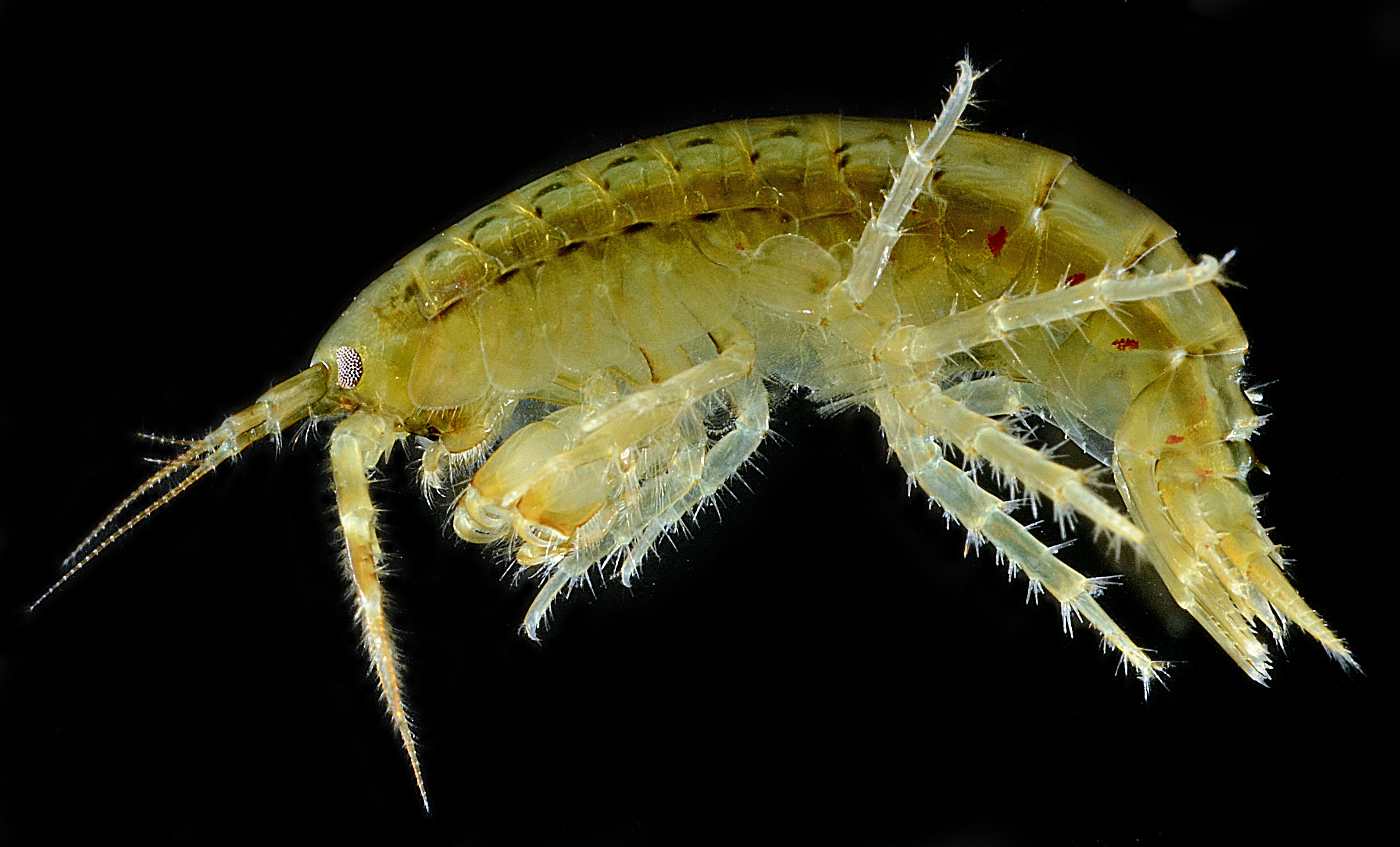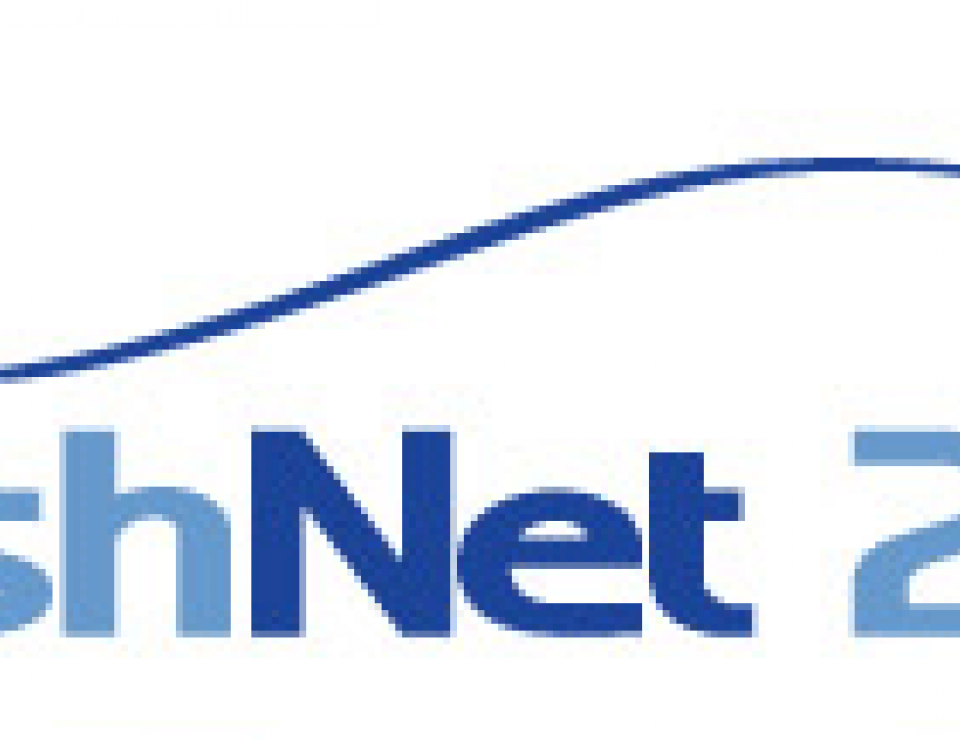Geolocate
Georeferencing: The Polygon Method
Georeferencing: The Polygon Method - a guest blog by Michael Yost, Macrofungi Collection Consortium (MaCC) Project Assistant at the Denver Botanic Gardens and active member of the iDigBio GWG.
CoGe: Collaborative Georeferencing Demo Webinar
by Deborah Paul for Nelson E. Rios
If you need to georeference hundreds of thousands of localities for millions of specimens, how will you get it done? On May 1st, 2014, 88 people logged in to find out more about how to use CoGe, or Collaborative Georeferencing using a suite of tools developed at Tulane Biodiversity Institute.
Advanced GEOLocate Course - Services, Integration, End-to-End Workflows
On Friday, September 6th, Nelson Rios from Tulane University and the FishNet2 project, presented a lecture covering advanced use of GEOLocate software and services available through the web-based Application Programming Interface (API). Using Adobe Connect meeting software, over 30 people came to find out what they can do with GEOLocate tools and services beyond the online public user-interface. The recorded meeting was IT-oriented, but those new to "just what is a service?" were also welcome. Many of the participants were from the recent iDigBio 2nd Train-the-Trainers Georeferencing Workshop and they were eager to pick-up where the TTT2 GEOLocate material ended. (TTT2 Workshop) (TTT2 Blog)
iDigBio's 2nd Train-the-Trainers Georeferencing Workshop (TTT2)
From across the continent, a diverse group of 26 participants, 10 remote participants, and five instructors gathered in Gainesville from August 12 – 16 for a week-long intermediate to advanced course on georeferencing natural history museum legacy specimen data, emphasizing how to present and teach these skills to others. Please see our TTT2 wiki, TTT2 participant list, TTT2 Course Topics Summary List, Training Videos on Vimeo, and photos on facebook for details.
ASB–iDigBio Digitization Symposium and Workshop Report: An Inspiring Event
Digitization was a hot topic at the 2013 Association of Southeastern Biologists’ (ASB) meeting held in Charleston, West Virginia the week of April 10. Well before the beginning of the ASB–iDigBio-sponsored digitization symposium and workshop, several conference goers had already offered important papers outlining strategies and successes in digitizing small herbaria and incorporating digitization into biodiversity field research.






